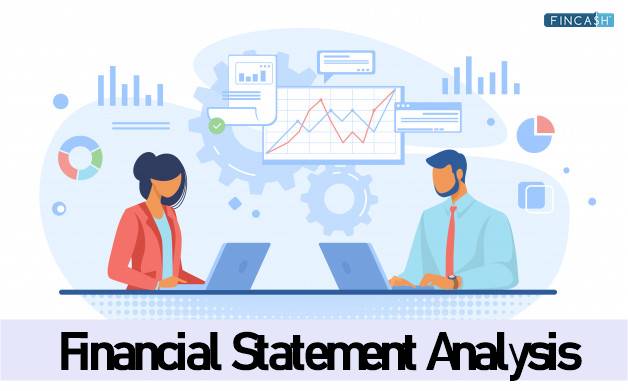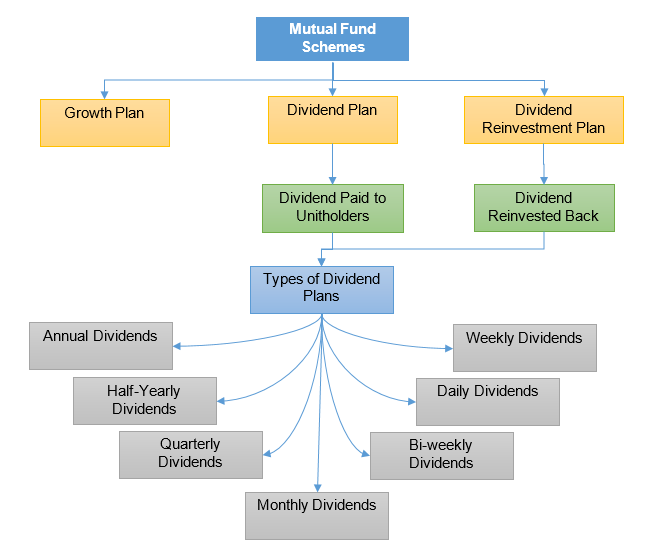Understanding the Basics of Options Trading
If you were too busy to notice, there are several choices as far as Investing in securities is concerned. Whether you wish to go with the stock market or prefer Mutual Funds, you must know the basics before finalizing upon varying security options.
Amidst an array of names, you would have heard of options trading, did you? This trading might seem a bit overwhelming initially; however, it becomes easier to comprehend once you are familiar with specific pointers.
So, what exactly is options trading, and what is it that you must know about this investment type? Let’s find out.

What are Options?
Options are such contracts that allow but don’t require, you to purchase or sell underlying instruments, such as ETFs, indexes, or securities, at a determined price over a specific time period. Purchasing and selling are generally done on the options market, which refers to securities to trade contracts.
Purchasing options that allow you to purchase shares later is known as a Call Option; while buying an option that will enable you to sell shares later is known as a Put Option. One thing that you should be cautious of is that options are not similar to stocks as they signify possession in a company.
Moreover, in comparison to others, options have a lower risk if you manage to find experienced options trading brokers, owing to the fact that you have an option to walk away or withdraw contracts at any given time. The price at which you purchase the security through option is known as the strike price.
And, the fee that you pay for purchasing the contract is known as the premium. When comprehending the strike price, you get to bet on whether the asset’s price will go down or up.
Types of Options
There are two types of option that give you the right and no responsibility to purchase or sell securities:
Call Option
This one is a type of contract that allows you to purchase a specific amount of shares of a specific commodity or security at a predetermined price over a specific time.
Explaining you with a call options trading example, suppose that you have a call option contract. With this, you can purchase a specific amount of share of either bond, stocks, or any other instruments like indexes or ETFs at an imminent time. Buying a call option means that you wish the prices of the security or stock to increase so that you get to make a profit.
Talk to our investment specialist
Put Option
Contrary to the call option, this one is a contract that allows you to sell a specific amount of shares of a specific commodity or security at a specified price over the given time. Similar to call options, even put options let you sell securities before they expire, but you are not obligated to do so.
Although this one operates similar to call options; however, when you invest in a put option, you want the prices to drop to make a profit. In case you think that the prices will increase, you have the right to sell your stocks or securities.
How Do Options Trading Work?
In terms of options trading for dummies, when it comes to valuing an option contract, it is basically all about comprehending the possibilities regarding the events of future price. The more is the probability of something to happen, the more expensive the option becomes. The less time there is to the expiration date, the less value will option have.
Considering that the time is a vital factor to the option’s price, a contract with one-month validity will be less valuable than a contract with three months’ validity. This is mainly because the more time you have, the higher is the possibility of the price to move in your favour and vice versa.
Why Should You Invest in Options?
Having an option as an integral part of your Portfolio can provide you with several strategic benefits. Not just they provide high returns, but they can also protect against losses. Moreover, if you buy the asset straightway, options would require less commitment.
This is mainly because you would not be paying the complete price to purchase shares but will be paying less for the choice to purchase later. This way, even if there is a drop in the market’s price, the only thing that you will lose is the premium and not the entire money.
Conclusion
When you start options trading in India, you are purchasing the right to purchase or sell shares of the security. You will not be having any ownership, but there will be a value in the contract. However, to gain profit, you would require the potential to predict whether the prices will increase or fall.
And, this requires substantial research and sometimes luck too. So, ensure that you understand everything before you move ahead.
All efforts have been made to ensure the information provided here is accurate. However, no guarantees are made regarding correctness of data. Please verify with scheme information document before making any investment.










